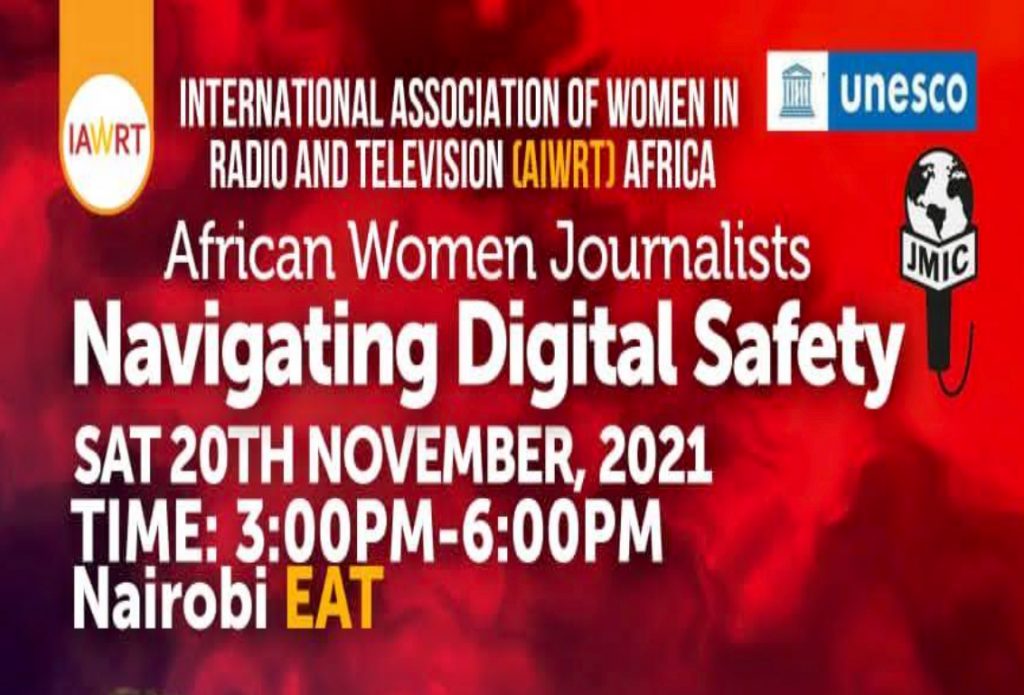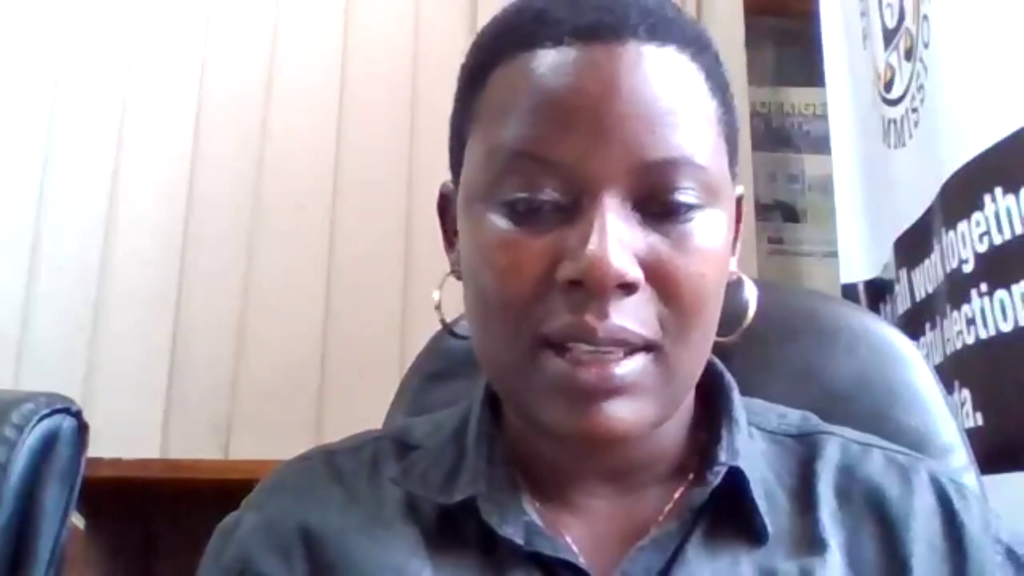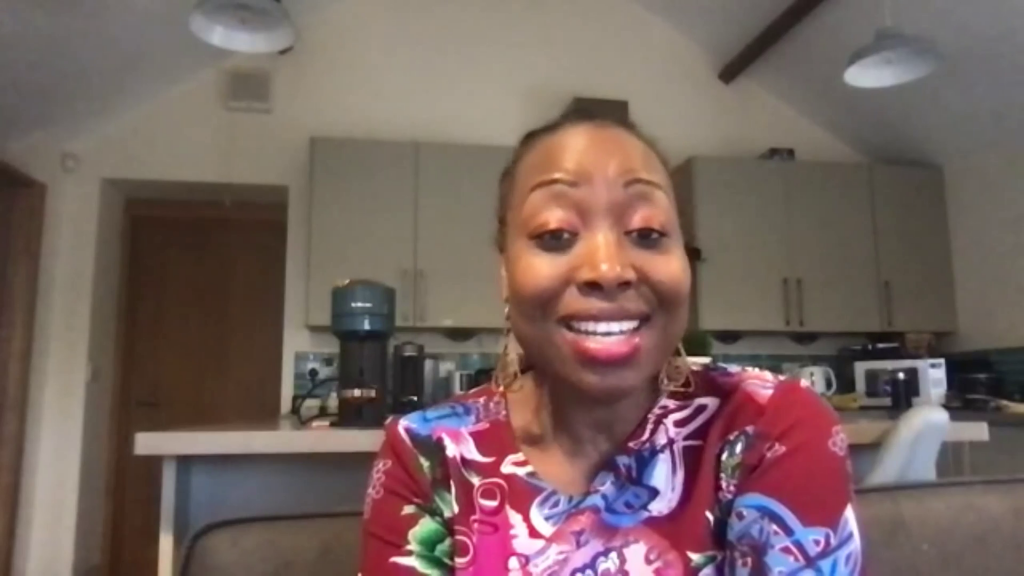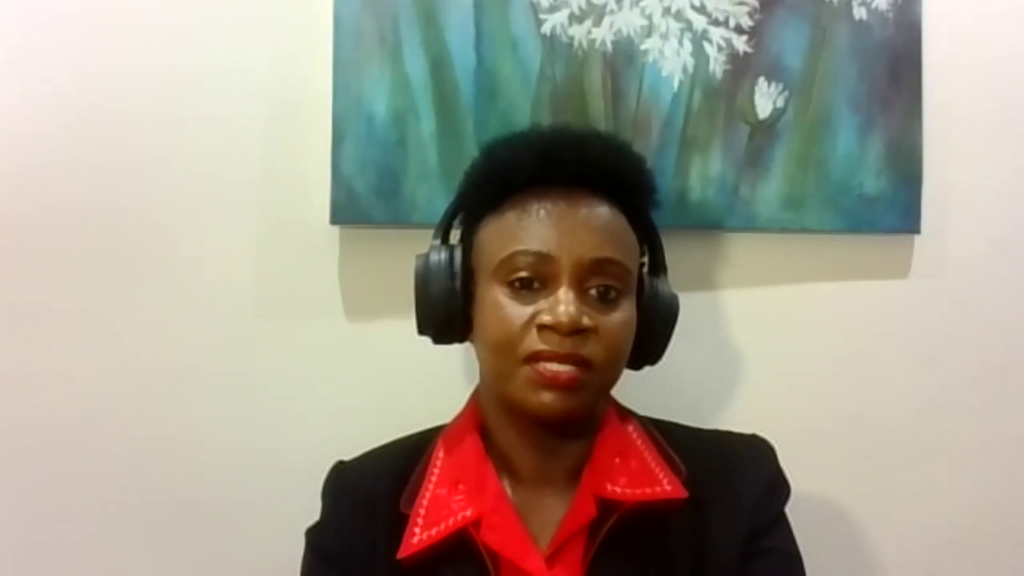Staying safe at the digital workplace
A four-day training workshop on digital security in hostile environments with strong media systems was completed on April 22, 2022. The workshop took place as part of a continuous collaboration between Forman Christian College University (FCCU) in Lahore in Pakistan and JMIC/OsloMet.

The theme of the training is relevant globally. In a country like Pakistan it becomes even more important. Journalism is a dangerous profession in the country and digital safety is of paramount importance amid polarization in both society and media. Keyboard warriors and clickbait culture has put journalists in an extremely vulnerable position. Knowing the basics of digital safety is an important resource for good journalism.
We are thankful to OsloMet for the financial and expert support in organizing this important training. The trainer Ms. Abeer Saady did a wonderful job by bringing home the skills to the participants.

Our heartiest gratitude to the participants, a group representative of media professionals, academia, and students from different cities of Pakistan. The interactive and proactive nature of the workshop was the key to its success.
The daily roundup for each day was produced to accommodate as much views as possible on different themes from participants. It was also an effort to recognize the contribution of all who participated in the workshop by giving them a visual representation.



The final video of the workshop gives an overview of the whole activity as well as contains testimonials.
We are also thankful to the rector and vice rector of FCCU for their support and active presence.
Last but not least my special thanks to student volunteers of FCCU who tirelessly worked to support the workshop as well as played a key role in producing the deliverables.
In the end I would like to thank everyone who contributed to the organization and completion of the international activity in the month of Ramadan.

We look forward to more international partnerships in the very near future. This collaboration is also a testimony to the fact that international collaboration to solve the shared problems of humanity is possible. We only need the will to act, the commitment to work hard, and the trust to build a better world.
More information:
Video report on workshop on Digital Security in Hostile Environments with Strong Media Systems (Media center FCCU): https://youtu.be/zqdK4brhHdk




